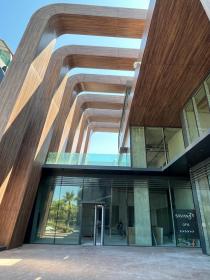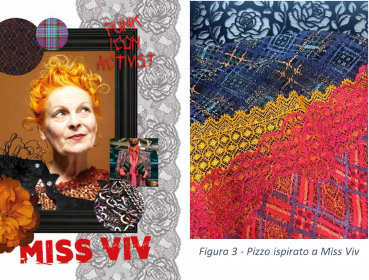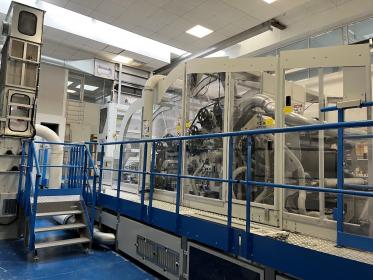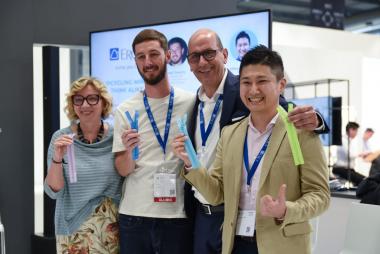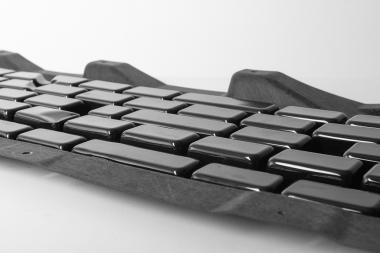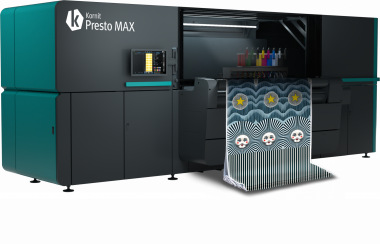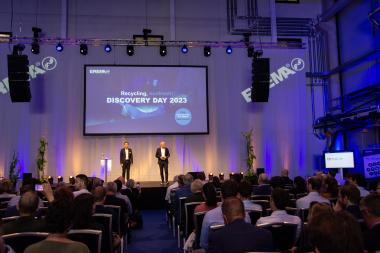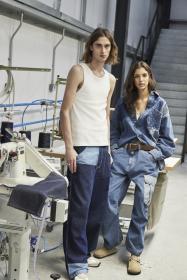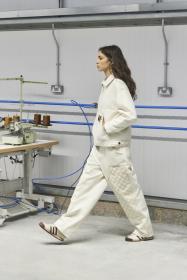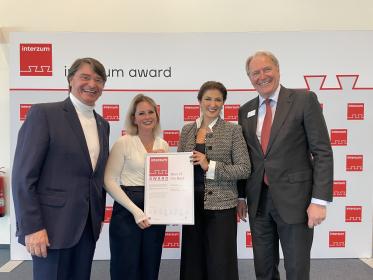KARL MAYER GROUP sets up Turkish subsidiary
The KARL MAYER GROUP is intensifying its business activities in Turkey and is setting up a subsidiary in Bursa. The opening of the new site is planned for October 2023.
The company's success on the market to date has been made possible to a large extent by its close and long-standing cooperation with Erko, the KARL MAYER GROUP's regional representative. The two companies have been cooperating for more than 50 years and see further positive market development in Turkey in the medium to long term.
In order to exploit and shape the potential, they will sharpen the focus of their competences in the Warp Knitting and Warp Preparation Business Units: Erko A.S. will focus on sales, taking advantage of its long-standing regional network. The KARL MAYER GROUP will take over the after-sales service and offer customers a link to the Care Solutions world of the group. Customers benefit from next-level support with many innovative solutions, especially digital ones, for meeting the challenges of our time. At the same time, they can continue to build on the tried and trusted.
The headquarters in Bursa covers just under 1,000 m² on three levels. It offers space for service, an academy with textile samples and a training machine, a workshop for minor repairs and a warehouse for the spare parts business. Located in the top-selling region in Turkey, it is also designed as a contact point for customers.
Thanks to its strong position on the Turkish market, the KARL MAYER GROUP intends to support the companies here, most of which are family-run, in the forthcoming generational changes, and to provide the next generation with specialist support and qualifications.
Karl Mayer Group


